Oceanographic & Coastal Processes
Research Focus AeaResearch Focus Area Overview
The coastal ocean, from the estuarine shoreline to the edge of the continental rise, is perhaps the most important and yet vulnerable areas of the world’s oceans. The chemical, physical, and biological processes that affect these coastal seas are intertwined and complex. Our researchers use interdisciplinary approaches, modeling and empirical, to obtain a quantitative understanding of these processes.
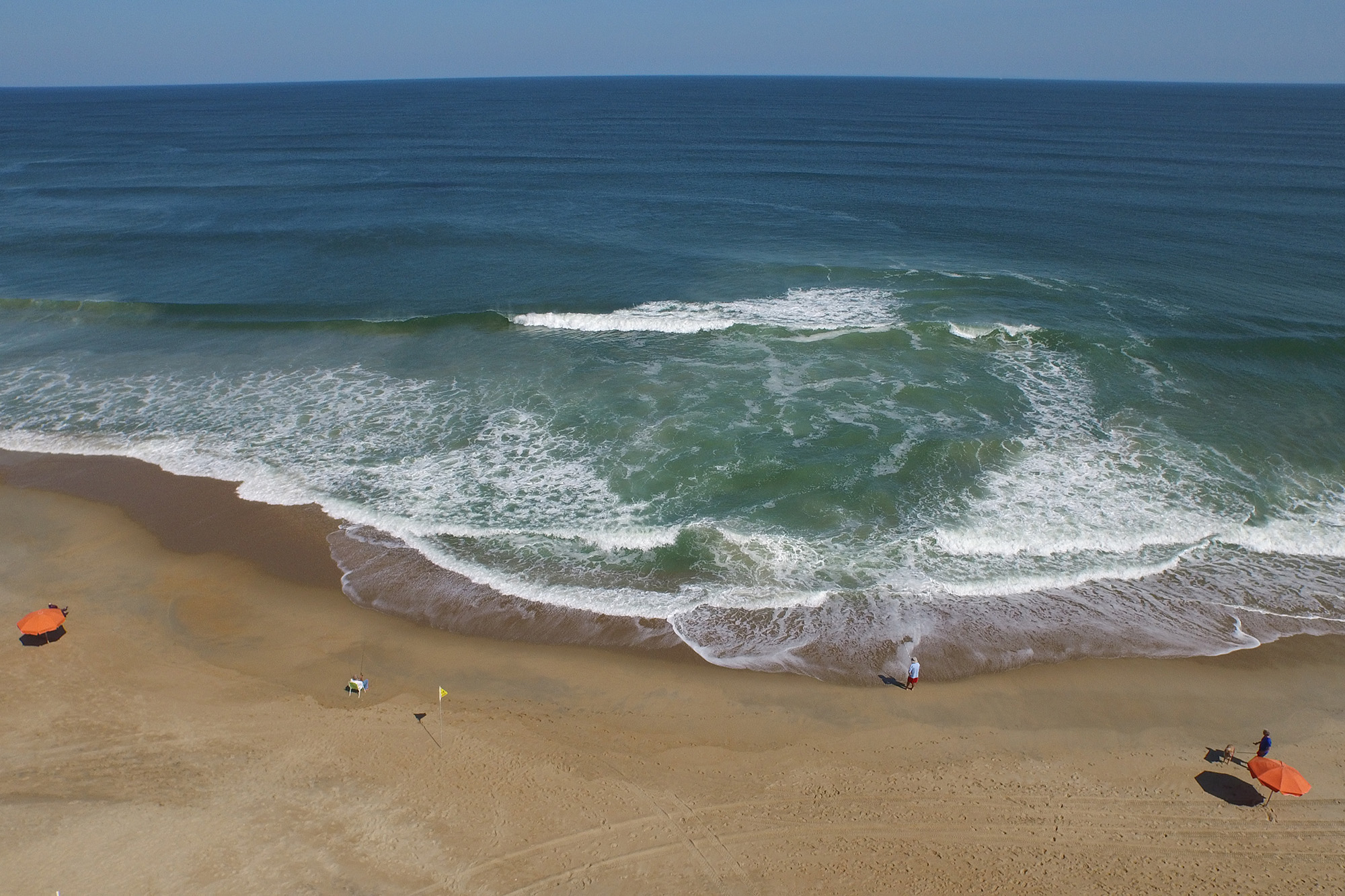
Research Labs
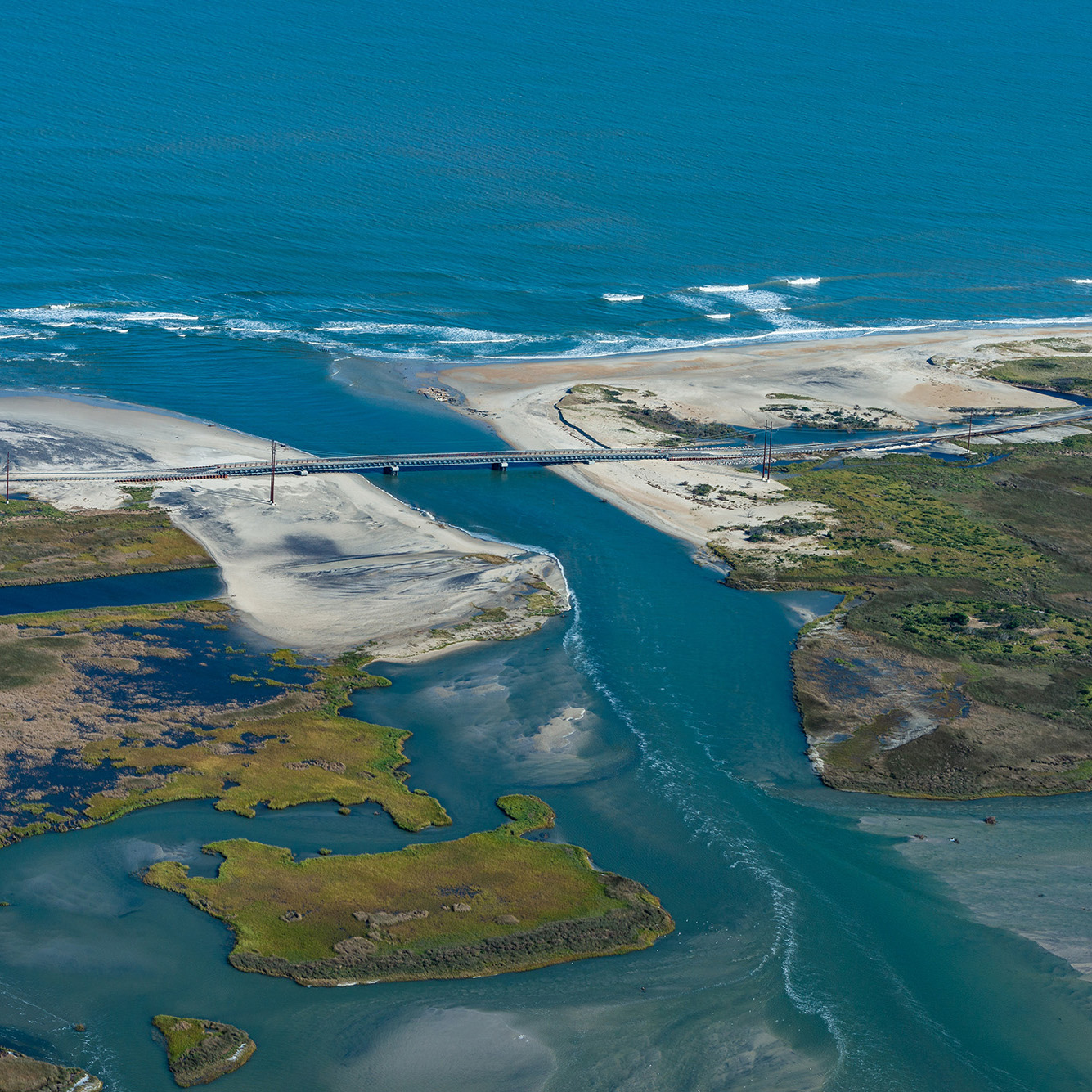
Marine Geochemistry & Coastal Dynamics
Lab
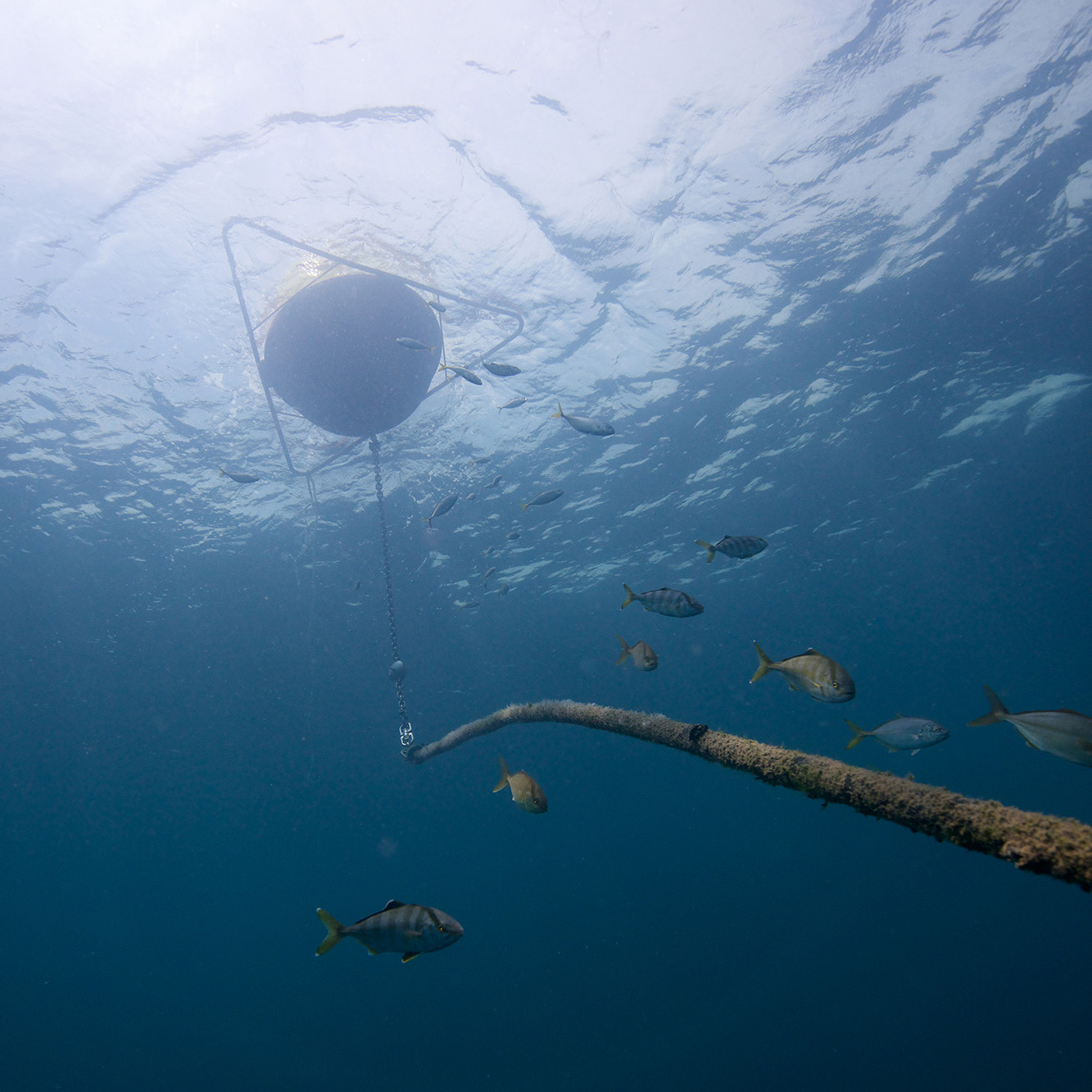
Oceanography & Marine Hydrokinetic Energy Ocean Lab
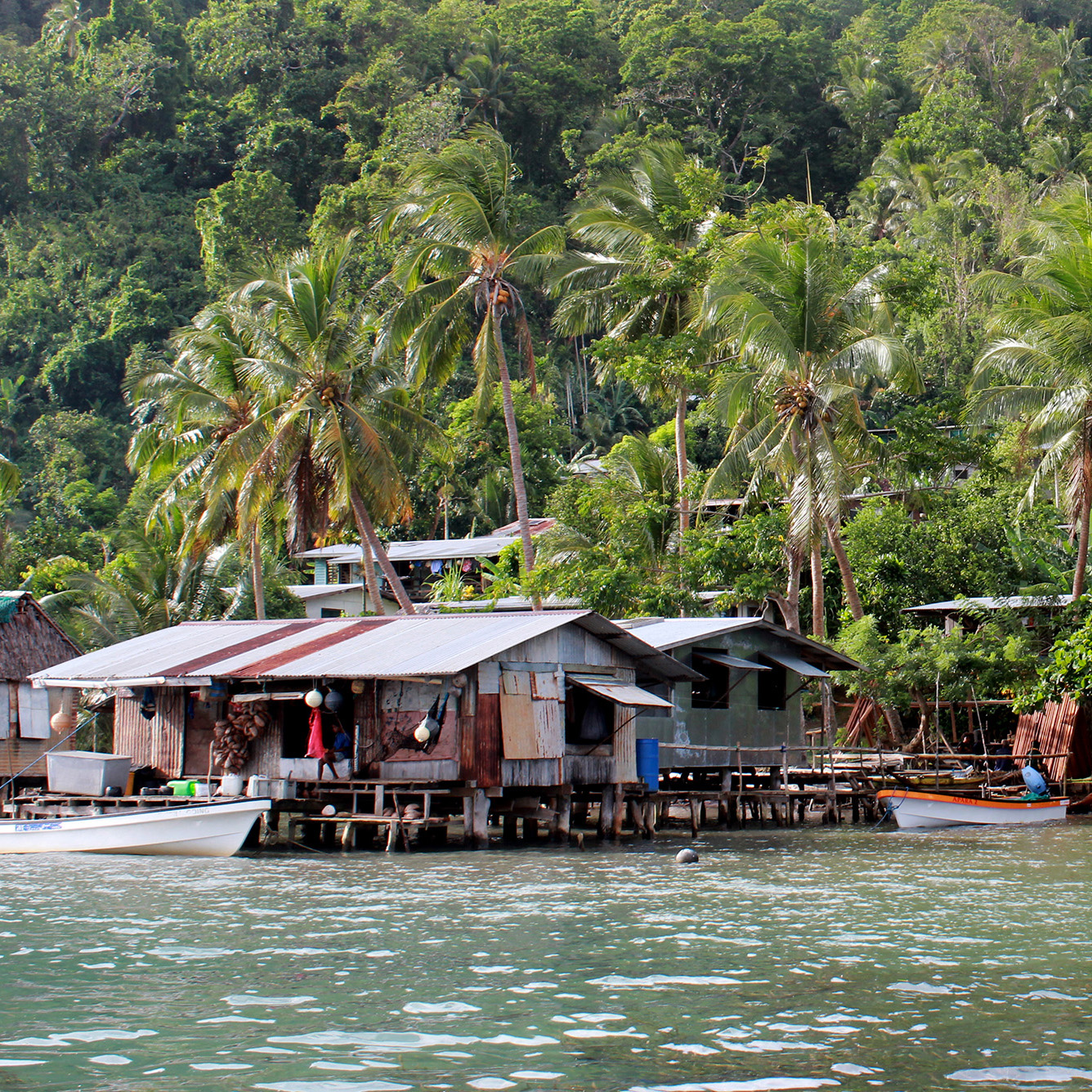
Coastal Engineering & Adaptation
Lab
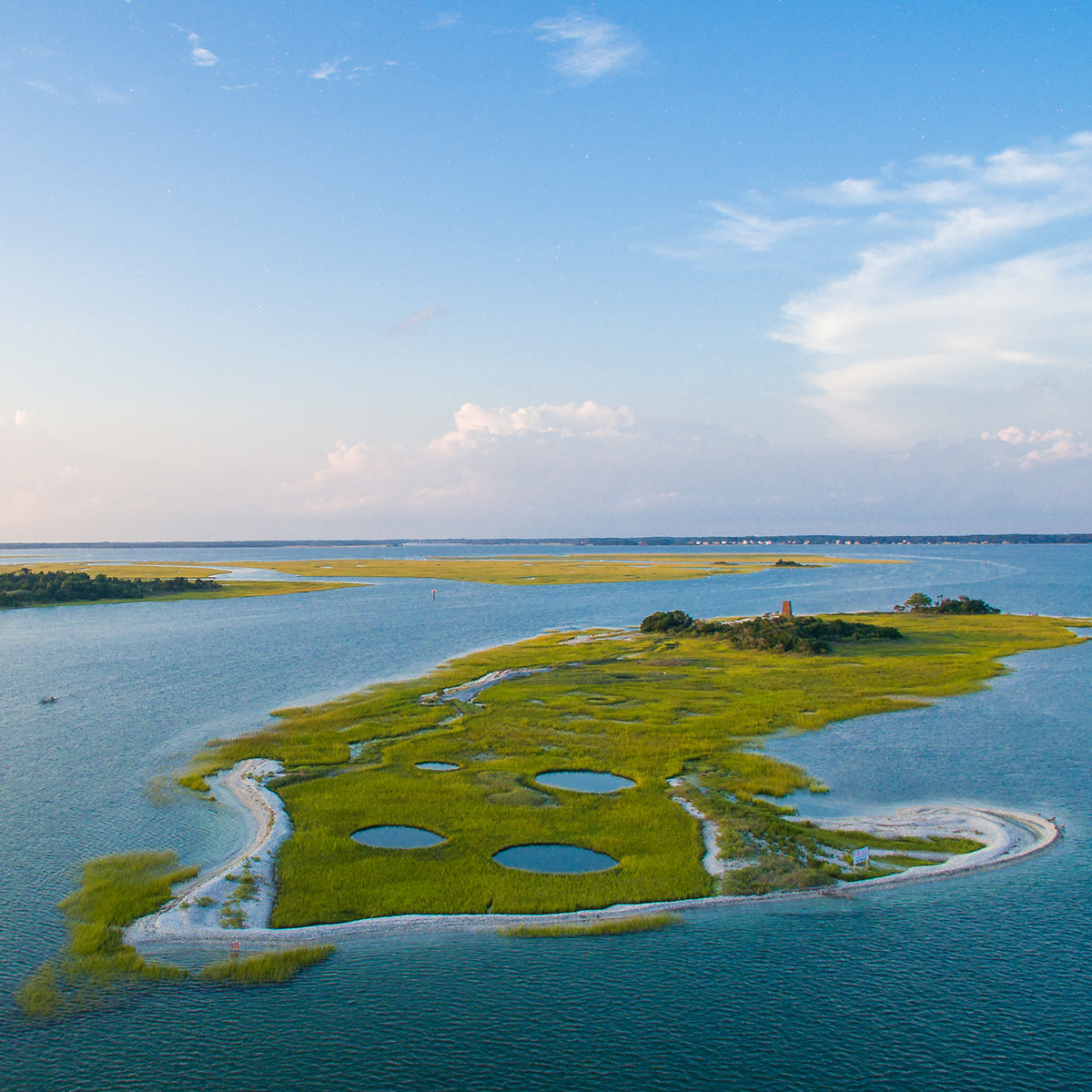
Coastal Marine Processes & Geomorphology Lab
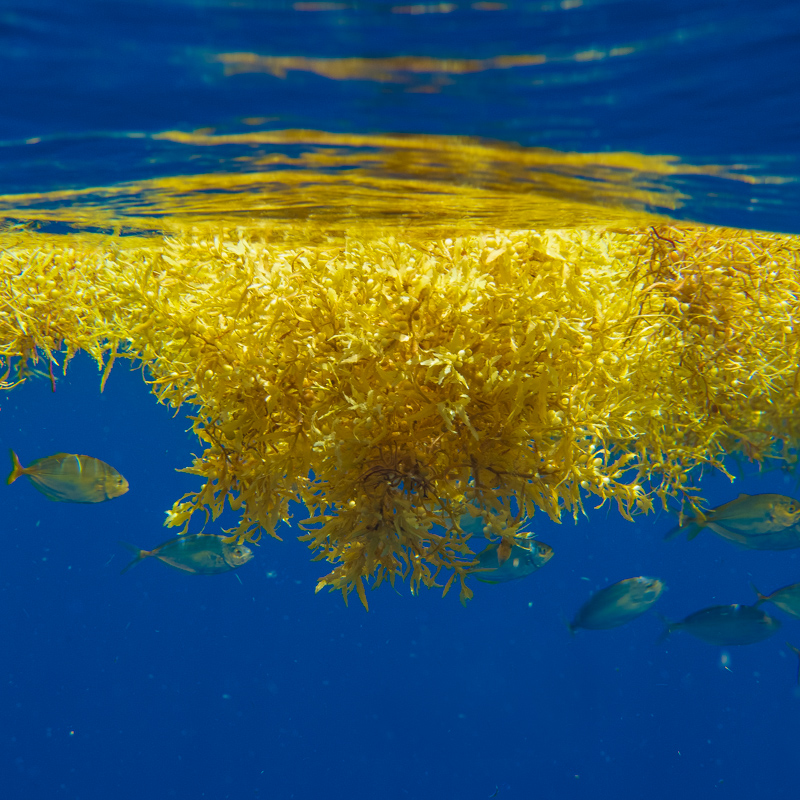
Ecology & Biogeochemistry
in Marine & Coastal
Systems Lab
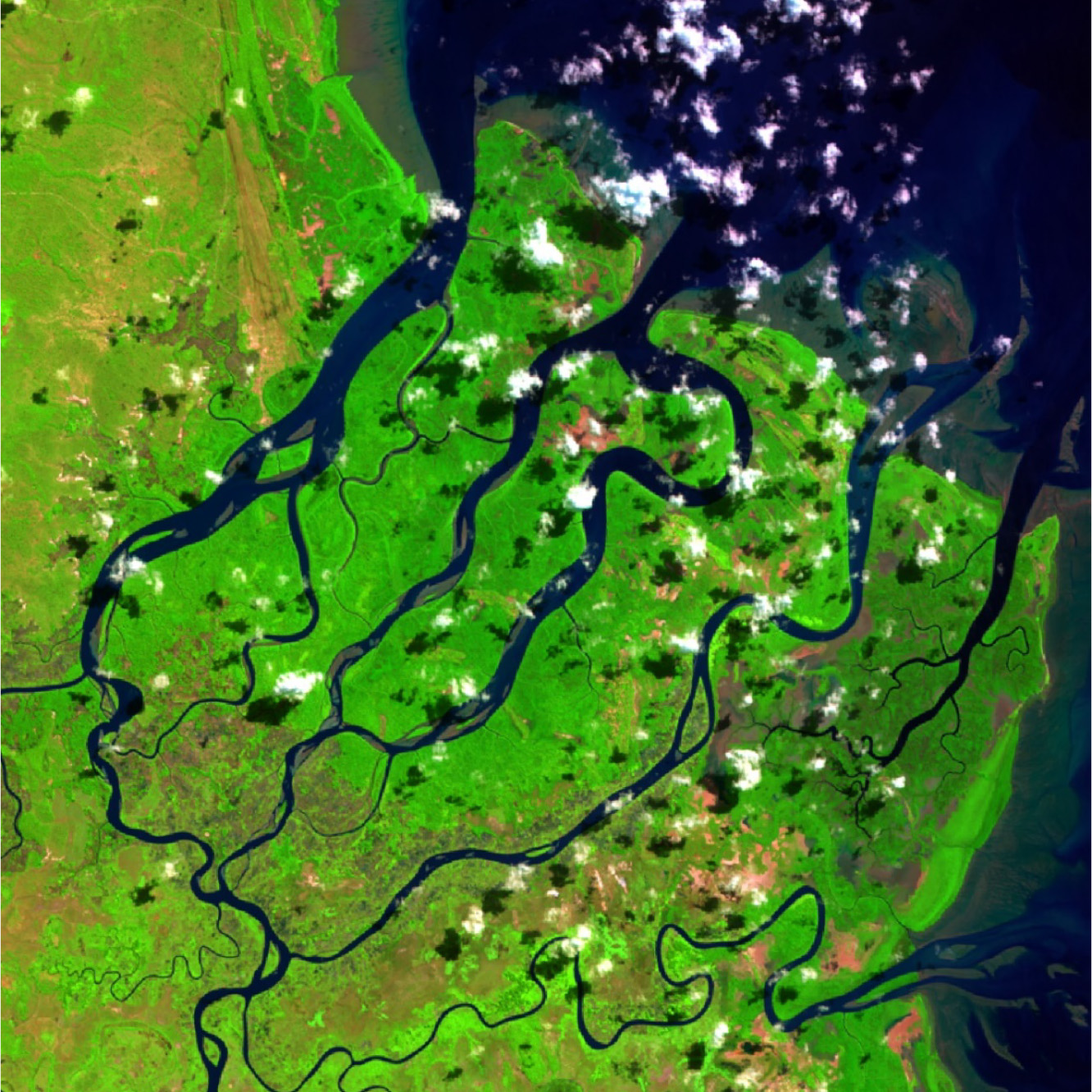
Coasts & Oceans Observing
Lab
News
Outer Banks Field Site Adapts During COVID-19
A semester like no other. That is an apt description of this year’s UNC Institute for the Environment’s Outer Banks Field Site (OBXFS) experience. While most state schools, including UNC and ECU, were forced to “go remote” for much of the Fall, the 10 UNC students...
OBXFS Capstone Project: The Challenges & Rewards of Undergraduate Research
Written by Lauren Colonair. The Outer Banks Field Site (OBXFS) offers an abundance of opportunities for undergraduate students from UNC-Chapel Hill, however, the capstone component is one of the main attractions. Most of the students that participate in the field site...
The Midpoint: Moment, Memories, and More
Written by Lauren Colonair.Recently, my classmates and I have reached the midpoint of our semester at UNC’s Outer Banks Field Site. This year, due to COVID-19, the final half of the semester came earlier than we expected. It has been a strange experience with August...
Experiences of a NCROEP Intern
Written by Meagan Gates. I gaze out at the expanse of water before me, the white-capped waves deceptively calm from a distance. The sun shining in between the clouds makes the waves glisten brightly. I could never get used to seeing such a brilliant view. Honestly, I...
Hats of to Dr. Sid Mitra
Dr. Siddhartha (Sid) Mitra has quite a collection of hats. There’s the one he wears as Program Director of the Integrated Coastal Sciences Ph.D. Program in the Department of Coastal Studies (DCS). And the one as Professor in ECU’s Department of Geological Sciences....
Coastal Adaptations Call for Local Context
As climate change and sea-level rise continue to threaten coastal communities, strategies to cope with these hazards are becoming key to ensure the long-term survival of those most immediately threatened. However, what may often be considered by governments or...
Impacts of Oyster Leases in North Carolina Estuarine Systems: Habitat Creation through Sustainable Aquaculture
Written by Lauren Colonair.In January of 2020, Dr. Jim Morley, an Assistant Professor in the Department of Biology at East Carolina University, joined CSI as an Assistant Scientist. Morley brings unique and exciting perspectives to the team, as he is currently the...
Power to the People
Bringing Technical Assistance to Remote and Island Communities to Transform their Energy Systems There are actually three things certain in life: death, taxes, and the fact that there is never a convenient time for a power outage. For those who live in remote or...
Muglia Research Group Collaborates with NOAA, SECOORA, FACT to Deploy Offshore Buoy
This month Dr. Mike Muglia and his team deployed a sub-surface buoy just east of Cape Hatteras on the upper shelf slope under the edge of the Gulf Stream in water 230 meters deep. The deployment site is the focus of the North Carolina Renewable Ocean Energy Program’s...
Lagomasino Helps Categorize Mangroves by “Biophysical Typology”
Mangrove forests are one of the most important ecosystems in the world. They can store large amounts of carbon, provide coastal protection, serve as crucial habitat for many important fish species, and even support the tourism industry in some areas. Yet, despite...

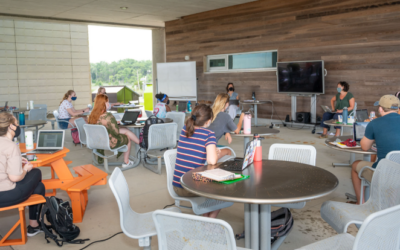
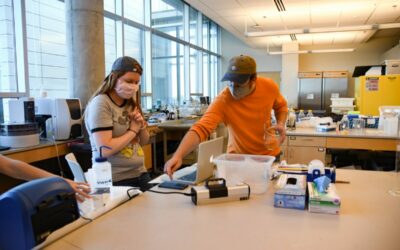
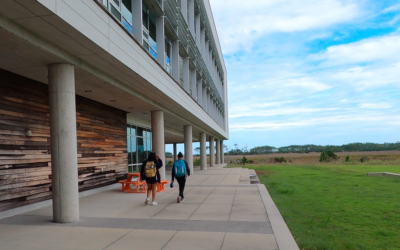
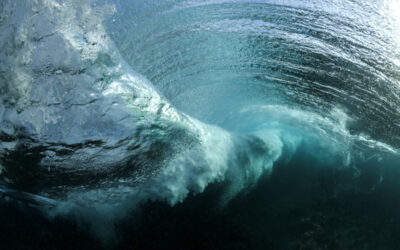

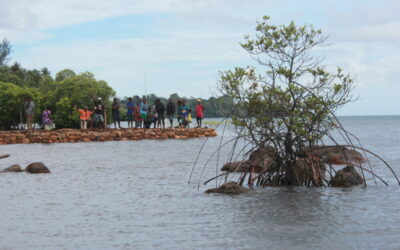
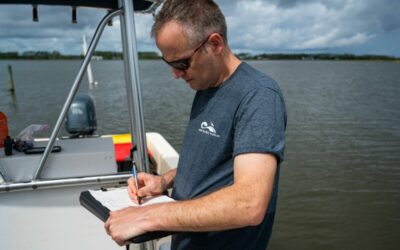

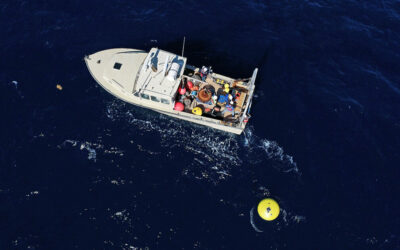
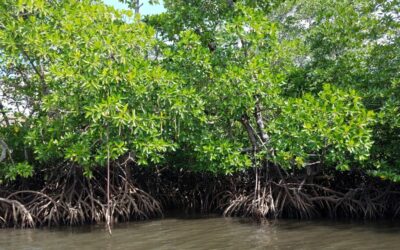

 Based at the Coastal Studies Institute (CSI), the North Carolina Renewable Ocean Energy Program (NCROEP) advances inter-disciplinary marine energy solutions across UNC System partner colleges of engineering at NC State University, UNC Charlotte, and NC A&T University. Click on the links below for more information.
Based at the Coastal Studies Institute (CSI), the North Carolina Renewable Ocean Energy Program (NCROEP) advances inter-disciplinary marine energy solutions across UNC System partner colleges of engineering at NC State University, UNC Charlotte, and NC A&T University. Click on the links below for more information. ECU's Integrated Coastal Programs (ECU ICP) is a leader in coastal and marine research, education, and engagement. ECU ICP includes the Coastal Studies Institute, ECU's Department of Coastal Studies, and ECU Diving and Water Safety.
ECU's Integrated Coastal Programs (ECU ICP) is a leader in coastal and marine research, education, and engagement. ECU ICP includes the Coastal Studies Institute, ECU's Department of Coastal Studies, and ECU Diving and Water Safety. The ECU Outer Banks campus is home to the Coastal Studies Institute.
The ECU Outer Banks campus is home to the Coastal Studies Institute.

